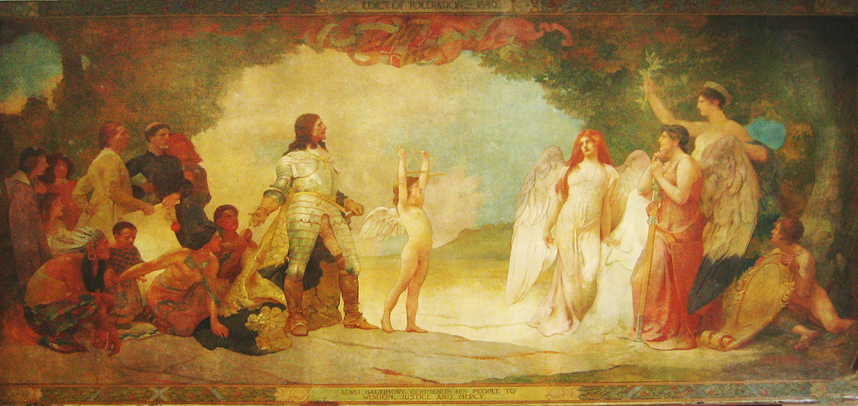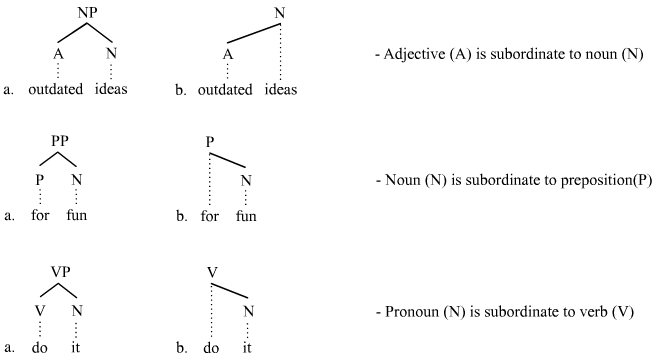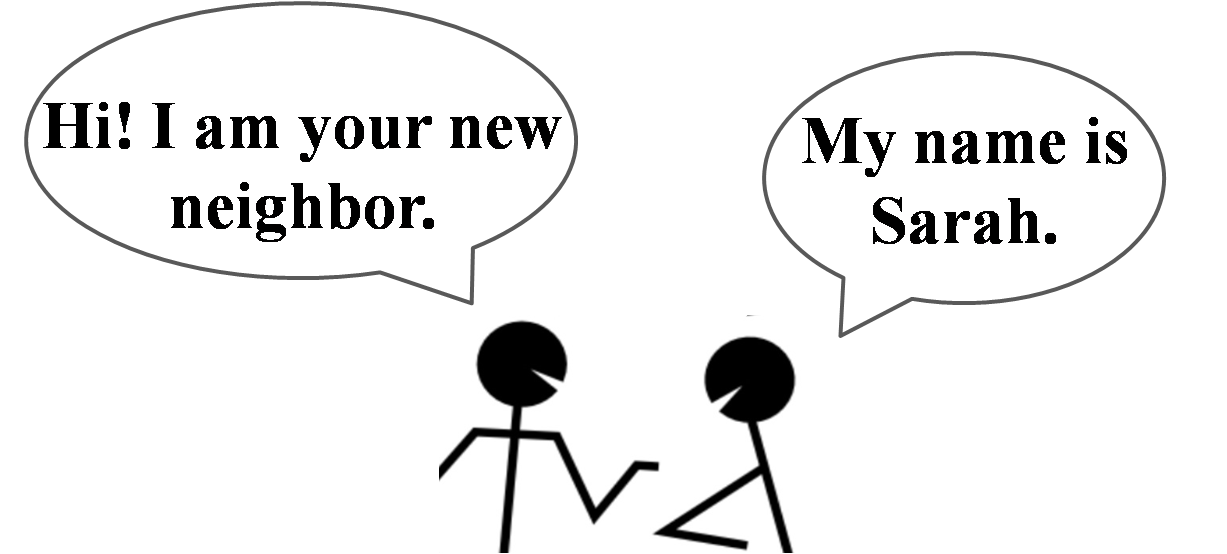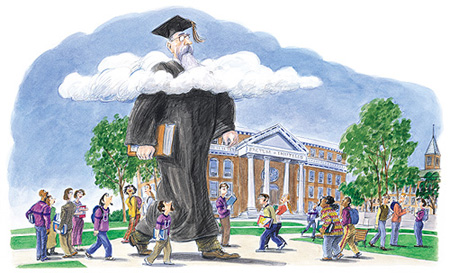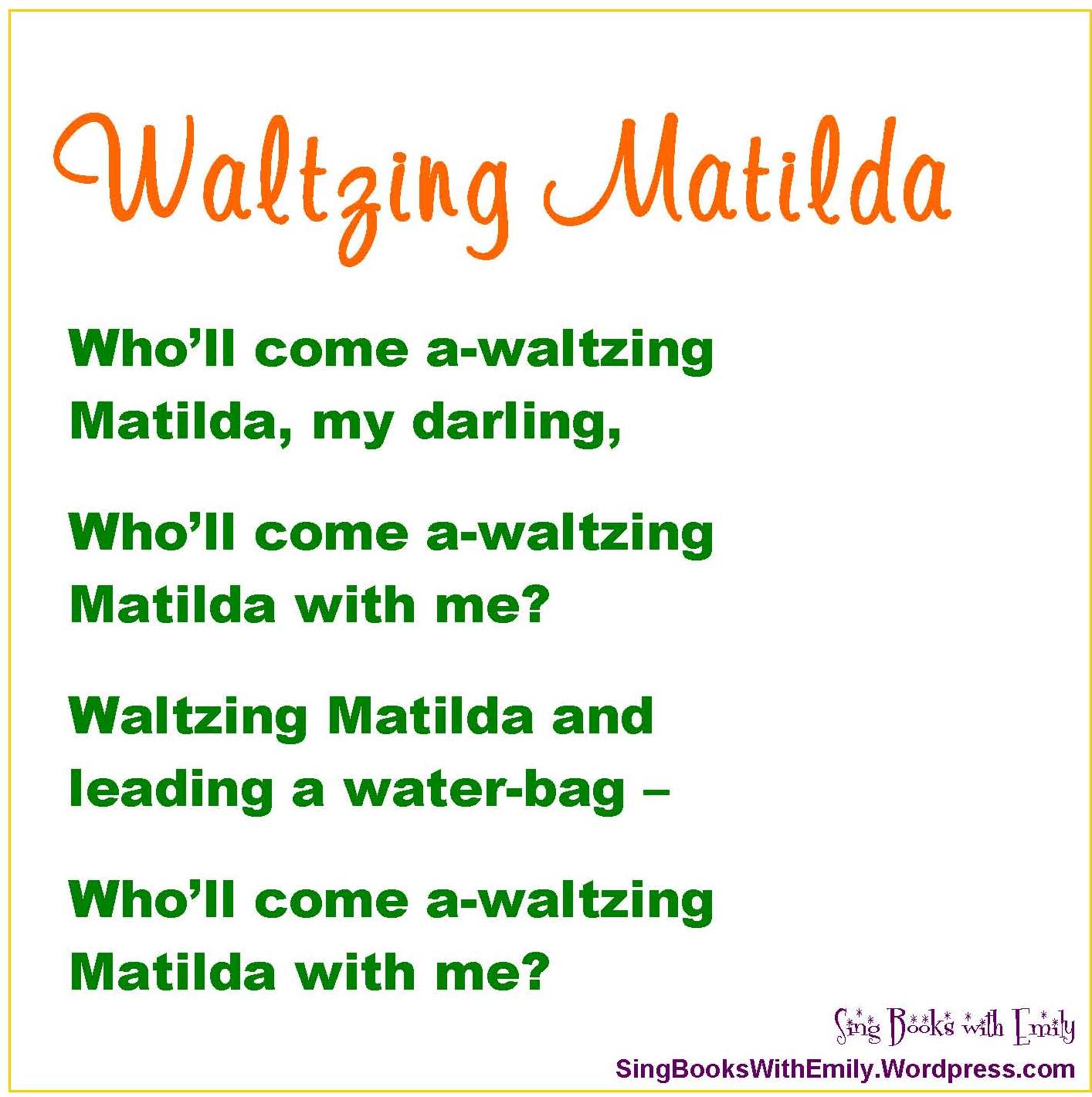Dr. Preston
AP English Literature and Composition
1 June 2014
As
I entered a classroom with graffiti on one wall and CD cases on
another, I had no idea what to expect. “What is Open Source
Learning?” was the question that ran through my mind repeatedly.
“We would have the freedom to do what?” We get to decide what we
want to learn?"
With
the freedom of deciding what we wanted to learn, trust played a major
role in the concept of Open Source Learning. At the very beginning of
the course, Dr. Preston immediately trusted every student. Although I
feel like trust isn't meant to be given out freely, his ability to
trust only illustrated how passionate he truly is about learning.
Like
the characters in Brave New World,
Hamlet,and The
Poisonwood Bible, I had to ultimately put myself in an atmosphere
in which I did not feel comfortable in; in a classroom where I was
not accustomed to the style of learning. At the beginning of the
course, I was not comfortable with the concept of Open Source
Learning. The idea of posting my work on the Internet, which would
later serve as resources for future students was incredibly difficult
to wrap my head around. I've never been the type of individual to
share my thoughts or ideas with others, and the thought of everyone
being able to view my work frightened me. However, through the course
of the year, I learned how to open up to others. I learned to work
outside of my comfort zone not only through collaboration, but
through working on the internet, which was something I've never done
before. I learned about myself and what I'm truly capable of
accomplishing, but most importantly I learned about the importance of
collaboration. With all that I was taught through the course of the
year, I can truly say that the course has opened my eyes and has
changed me for the better.
This
course helped me discover what it meant to learn independently as
well as what my classmates were passionate about. During the
masterpiece presentations, the themes of finding yourself and living
life to the fullest seemed to come up quite a bit. Lesther
demonstrated that acts of compassion can lead to discovering oneself.
Miranda created a video of life experiences and illustrated the
importance of discovering one's meaning in life. Taylor, Bailey, and
Meghan displayed how important it is to enjoy life through
documenting their last months of high school. While Breanna, Eli, and
Whitney illustrated the significance of enjoying life and living
everyday as if it were the last.
I
believe that successfully completing this course as well as reaching
the end of my senior year of high school are considered a hero's
journey. Although I do not personally consider myself a hero, I feel
like the course, Open Source Learning, my peers, and Dr. Preston were
all my heroes. As a student enrolled in the course, I was given the
opportunity to work freely and discover myself along the way. With
the help of the course as well as my peers, I came to realize the
importance of Open Source Learning. The way I see it, Open Source
Learning saved me; it helped me discover myself as well as helped me
develop collaboration skills along the way.


















